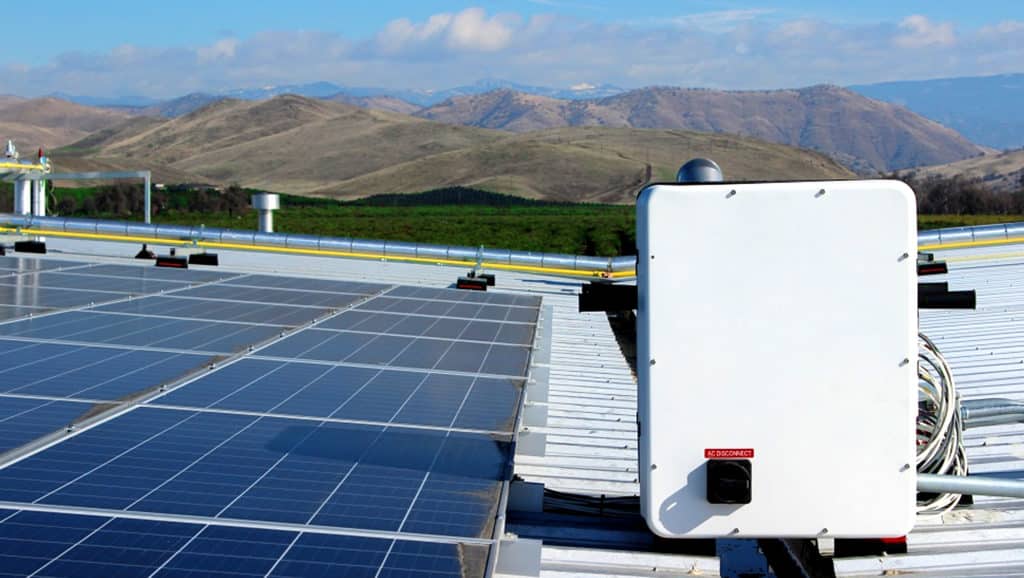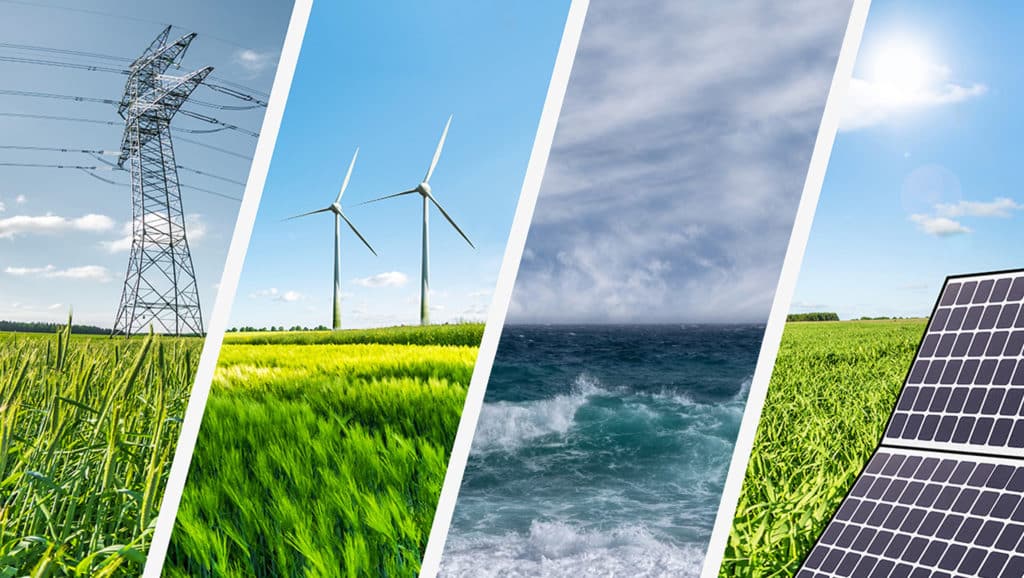What is renewable energy?
Renewable energy is energy collected from renewable energy resources, like geothermal heat, wind, waves, sunlight and other. This type of energy is applicable for electricity generation, transportation, off-grid energy service, water heating and cooling. Alternative to non renewable energy sources, renewable energy system has a number of benefits.
Due to human activities the atmosphere of our planet is overloaded with emissions that cause global warming, such as carbon dioxide and others. This results in such significant harmful impacts as global climate changes, rainforest fires, droughts, frequent storms, sea level rise, extinction and other. In the US, for instance, the electricity sector is responsible for 29 percent of global warming emissions.
So, which are the benefits of renewable energy? In contrast to traditional sources of energy, renewable energy produces little or zero global warming emissions. This means that it does no harm to the ecosystem. Furthermore, it is more affordable.
All you need to know about the solar energy system.
Among all renewable energy types solar energy is the most widely used. So, what is solar energy? A solar energy is energy collected from direct sunshine by photovoltaic modules or solar panels. The generated DC is then transferred into AC by a special device called Inverter. This device is an inseparable component of a solar system kit. The AC is used for household appliances. It is also ideal for EV charging, as well as commercial and production units.

Depending on the way solar technologies collect, convert and distribute solar energy to the consumer, it can be of two types; active solar energy and passive solar energy. In case of active solar energy some additional equipment like water pump or fan can be attached for better system performance. In contrast, a passive solar energy system doesn’t require any additional equipment attached and is more affordable for maintenance.
Which are the pros and cons of solar energy?
Here are some advantages of solar energy you probably didn’t know.
- It is an eternal and free source of energy that will be with us for thousands of years.
- Solar energy provides modern and smart solutions that make our everyday life more comfortable.
- It is more reliable because it can be maintained independently from any electricity grid.
- It is more affordable since the main expenditure is its initial installation cost. Once you go solar no other charges are required, except solar panel cleaning.
- It is eco friendly and assumes zero emissions.
- Benefits of solar energy also include solar energy jobs, which are permanently expanding due to the gradual demand in system utilization.

There are very few disadvantages of solar energy maintenance.
- The initial cost that is significantly high is one of the main cons of solar energy.
- Another disadvantage is the space that is required for solar power system installation. As the photovoltaic modules require much space to be installed both rooftop and ground mounted installation types are applicable.
Interesting facts about solar energy.
- The first attempts to manipulate the Sun date back to the 3rd -7th centuries B.C.
- The prototype of present silicone solar modules was initially proposed in 1954.
- The US president Jimmy Carter was the first president of the United States who ordered solar power system installation on the White House rooftop.
- An average solar module can generate 100-365 Watts energy.
- The first successful flight powered by solar energy was implemented in 1979 by British scientists.
- In 1966 NASA’s Orbiting Astronomical Observatory used a one – kilowatt array to travel in outer space.

Is solar energy renewable?
Now that the renewable energy definition is clear it is more than obvious that solar power energy is sustainable and renewable. With no harmful maintenance emissions, it provides excellent power to the consumer and requires minimum expenses.
Author of a publication: Helen Kocharyan

